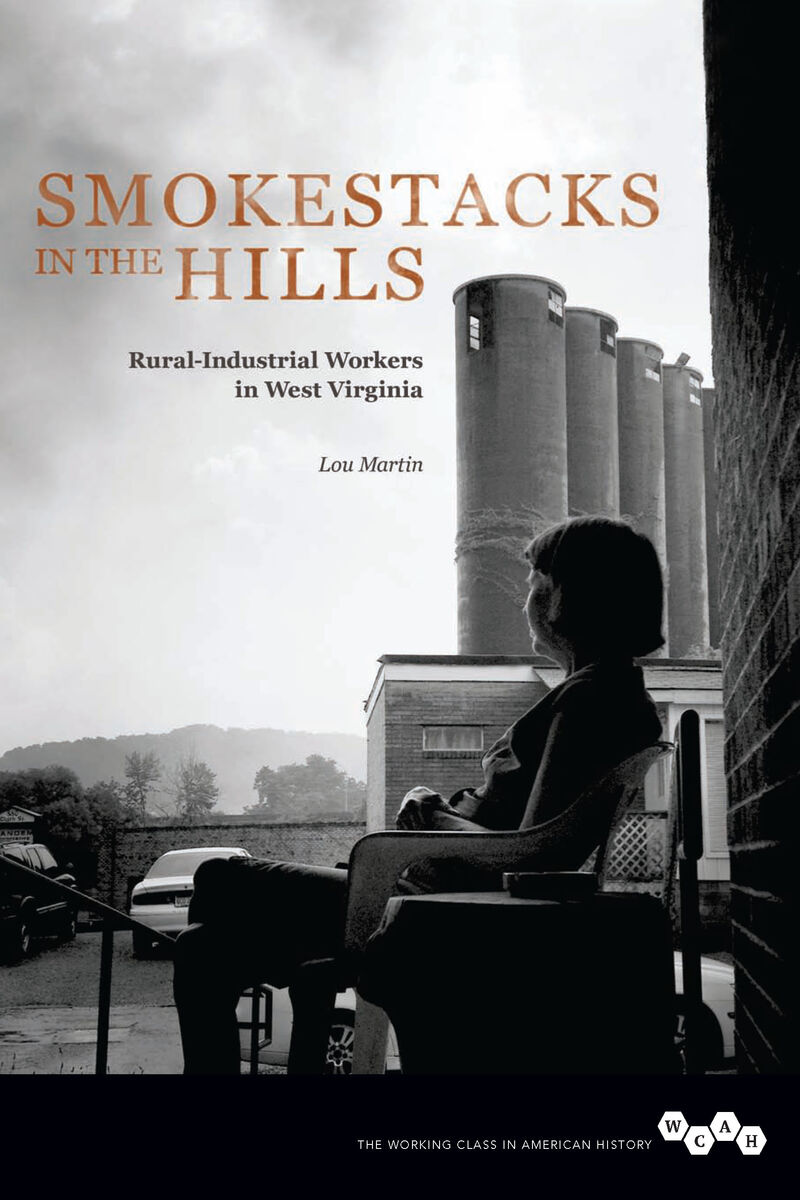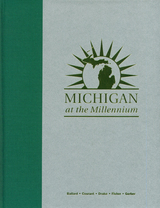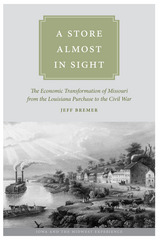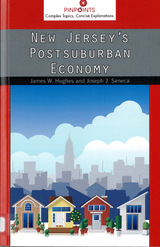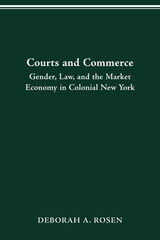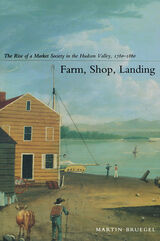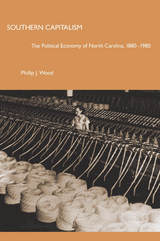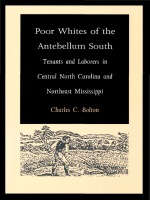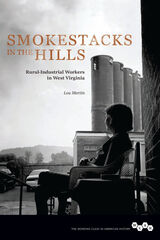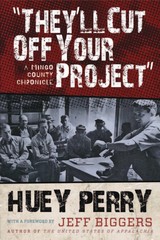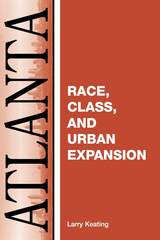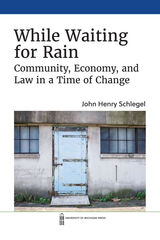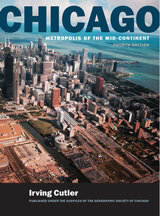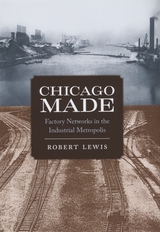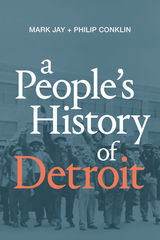Cloth: 978-0-252-03945-4 | Paper: 978-0-252-08102-6 | eISBN: 978-0-252-09756-0 (standard)
Library of Congress Classification HC107.W5M37 2015
Dewey Decimal Classification 330.9754
As Martin shows, access to land in and around steel and pottery towns allowed residents to preserve rural habits and culture. Workers in these places valued place and local community. Because of their belief in localism, an individualistic ethic of "making do," and company loyalty, they often worked to place limits on union influence. At the same time, this localism allowed workers to adapt to the dictates of industrial capitalism and a continually changing world on their own terms--and retain rural ways to a degree unknown among their urbanized peers. Throughout, Martin ties these themes to illuminating discussions of capital mobility, the ways in which changing work experiences defined gender roles, and the persistent myth that modernizing forces bulldozed docile local cultures.
Revealing and incisive, Smokestacks in the Hills reappraises an overlooked stratum of American labor history and contributes to the ongoing dialogue on shifts in national politics in the postwar era.
See other books on: Industrialization | Rural | Rural development | West Virginia | Working class
See other titles from University of Illinois Press
